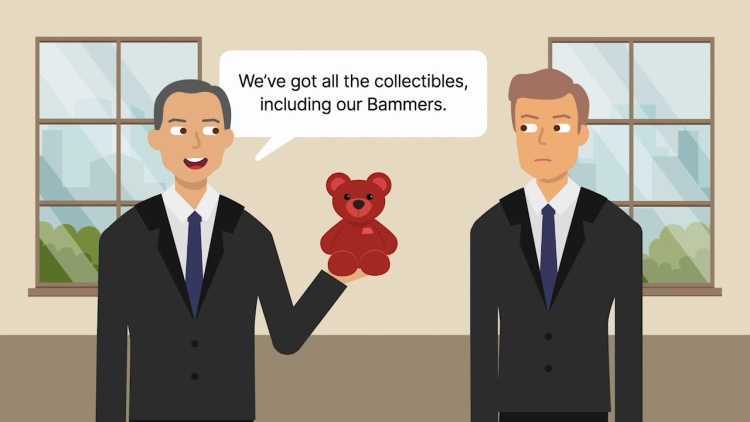Major League Baseball Properties, Inc. v. Salvino, Inc.
United States Court of Appeals for the Second Circuit
542 F.3d 290 (2008)

- Written by Sean Carroll, JD
Facts
Each Major League Baseball team (teams) granted an exclusive license to Major League Baseball Properties, Inc. (MLBP) (plaintiff) for use of the teams’ names, logos, and other intellectual property. Salvino, Inc. (Salvino) (defendant) produced stuffed animals using teams’ logos without obtaining a license from MLBP. MLBP filed a trademark infringement suit against Salvino in the United States District Court for the Southern District of New York. Salvino counterclaimed, alleging that the teams’ agreements with MLBP violated the Sherman Antitrust Act. Salvino argued that the centralized nature of the licensing permitted MLBP to fix prices and limit output. Salvino did not present any studies supporting these claims. MLBP’s expert witness, Franklin Fisher, testified that MLBP and the teams should be viewed as a joint venture because a team’s name or logo would not have significant value, if any, if not for the other teams. According to Fisher, the value of the intellectual property at issue is based on the popularity of the league as a whole. Fisher also testified that the relevant product market includes licenses for all sports teams, if not licenses for all other entertainment, such as Disney or Nickelodeon, as well. The district court granted MLBP’s motion for summary judgment. Salvino appealed.
Rule of Law
Issue
Holding and Reasoning (Kearse, J.)
Concurrence (Sotomayor, J.)
What to do next…
Here's why 899,000 law students have relied on our case briefs:
- Written by law professors and practitioners, not other law students. 47,000 briefs, keyed to 994 casebooks. Top-notch customer support.
- The right amount of information, includes the facts, issues, rule of law, holding and reasoning, and any concurrences and dissents.
- Access in your classes, works on your mobile and tablet. Massive library of related video lessons and high quality multiple-choice questions.
- Easy to use, uniform format for every case brief. Written in plain English, not in legalese. Our briefs summarize and simplify; they don’t just repeat the court’s language.





